Helpful Hints for First-time Home Buyers
Part 1:Getting your Finances in Order
By: Shawna Sanders
First-time home buyers are entering the market in droves. Buying your first home can be a stressful undertaking. There are so many steps, so many different loan programs, so many requirements…where do you even begin? Right here. In the next few posts, we’re going to cover all that and more to help you along the path to making your very first home purchase.
Buying a home is a great way to grow wealth. Homes will almost always appreciate in value over time which makes buying a home a safer investment for many than other investments may be. In the past twenty years, the Dallas market has seen an average annual appreciation rate of 4.08%. But diving into any investment unprepared is never a wise choice. There are many costs that come along with purchasing your first home and ensuring that you are prepared for these costs is your first step toward signing the closing documents.
To set yourself up for success, the process of homeownership should begin long before the search for a home even starts. Taking a good look at your finances is your first step and what we will cover in this post.
 There is no substitute for good advice from a highly regarding processional. Richard Woodward is just that sort of a mortgage professional. With over 22 years of service to first-time home buyers, his advice is priceless. For your no cost consultation visit our Purchase assistant page and complete a few questions, Richard will provide you a custom plan to get you started.
There is no substitute for good advice from a highly regarding processional. Richard Woodward is just that sort of a mortgage professional. With over 22 years of service to first-time home buyers, his advice is priceless. For your no cost consultation visit our Purchase assistant page and complete a few questions, Richard will provide you a custom plan to get you started.
Savings
Your lender will be taking a hard look at your finances, from your work history, your 401K, your savings, your debt and your current expenses. If you don’t already have an emergency savings account balance equal to three to six months of expenses, this is where you need to start. In addition to the upfront costs of a home purchase such as closing costs and down payment, lenders look favorably upon borrowers that have some sort of savings to cover mortgage payments for a given period in case of financial emergencies.
In addition to an emergency savings account, you should also save up for the initial costs of the home purchase. Aside from a down payment ranging from 0-20% depending on your specific loan program, you will need earnest money, which is about another 1% of the sale price (this is actually considered part of your down payment). There are also option fees, appraisal fees and inspection fees to be paid. Depending on the details, these fees will cost you another $500-$2500 or more.
There are also down payment assistance programs available for some borrowers. These tend to be income based and the limit is based upon the average income for the area you may want to buy a home in. Learn more about down payment assistance programs here.
Spending
Hand in hand with building up savings is taking a good look at what you’re spending. Taking the time to do the math on what you spend on a monthly basis can be a great way to open your eyes to more opportunities to save and also give you a good idea of how much of a mortgage payment you can afford.
Budgeting
Now that you have a savings plan and a better idea of your spending habits, create a monthly budget with the expenses you expect to have once you move. Try living within this budget for a few months. Is it doable, or does it need some adjustments? Working through your plans this way may not be necessary for everyone, but it will help you find the areas of your finances that need to be worked out before you potentially get in a situation that causes financial ruin. For a template and instructions on preparing your household budget, we found this How to Create a Household Budget article for you to get started with.
Credit
Check your credit for any inaccuracies and to make sure information from all sources is up to date. Your credit score directly affects what kind of interest rate you will qualify for. A mistake on your report could potentially cost you thousands in interest on your loan. Make sure all information is correct before your lender conducts their own search.
Carrying a lot of debt will have an impact on the size of loan for which you will qualify. In addition, having a credit score of 740 or higher puts you in a position to qualify for the best interest rates. So working at paying down your debt and improving your credit score will save you money in the end.
Failure to ensure their finances are in order frequently costs new homeowners thousands of dollars. From underestimating just how much they need to save for the initial loan costs to neglecting to correct errant information on their credit reports, these mistakes can make a big impact on your financial future. Taking the time to cover all your bases now will set you up for a smooth and successful transition into your new home.








